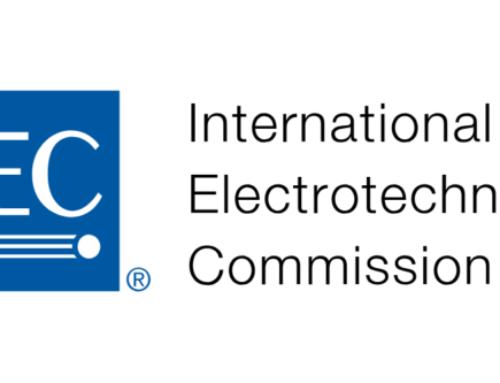On 18 October 2021, Several Opinions on Strictly Regulating Energy Efficiency and Advancing Energy Conservation and Carbon Reduction in Key Areas was jointly issued by the National Development and Reform Commission (NDRC) with four other national industries. These other four ministries are the National Energy Administration (NEA), Ministry of Industry and Information Technology (MIIT), Ministry of Ecology and Environment (MEE), and the State Administration for Market Regulation (SAMR).
The Opinions specify general goals for China’s energy efficiency and conservation work in two phases:
- by 2025, the proportion of energy production that reaches benchmark level is going to exceed 30 percent for key industries. Electricity utilization efficiency for data centers is also not going to exceed 1.5, and that of big data centers to not exceed 1.3.
- by 2030, further improvement is going to be made within key industries’ energy efficiency base levels and benchmark levels; providing strong support to carbon peaking goals.
Several key tasks are also articulated in the Opinions:
- setting industrial energy efficiency benchmark standards based on scientific methods
- referring to the admission values and qualification values of current national energy conservation standards
- strictly implementing categorized management
- reducing production capacity for over-capacity industries
- elevating entrance threshold for under-capacity industries
- eliminating backward production technology and products
- advancing energy conservation technology transformation
- strengthening market application of green technology and equipment
- enhancing construction of supporting system
- firm energy efficiency and carbon emission calculation, measuring, reporting, inspection, and evaluation mechanisms
- advancing the green development of data centers
The target key industries and data centers mainly refer to steel, electrolytic aluminum, cement, plate glass, oil refining and ethylene. China will continue to take increasingly more effective measures.
This regulation would have an impact on foreign stakeholders in the mentioned sectors. China’s determination on fulfilling the carbon peak and carbon neutrality goals will lead to further development of similar regulations on energy consumption. Rules and administrations on energy-intensive industries are likely going to be stricter to achieve the green transition. Therefore, such sector-relevant companies are suggested to proactively act on the transition in advance to get some market advantage.




